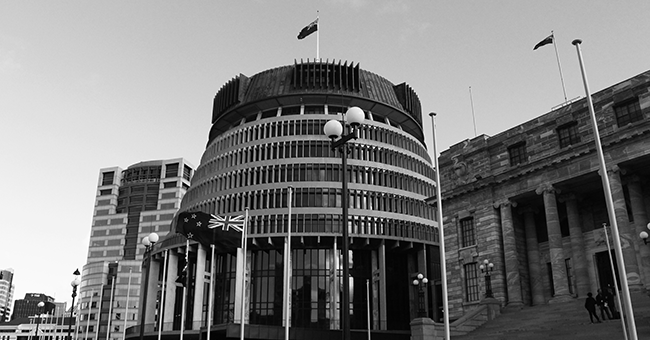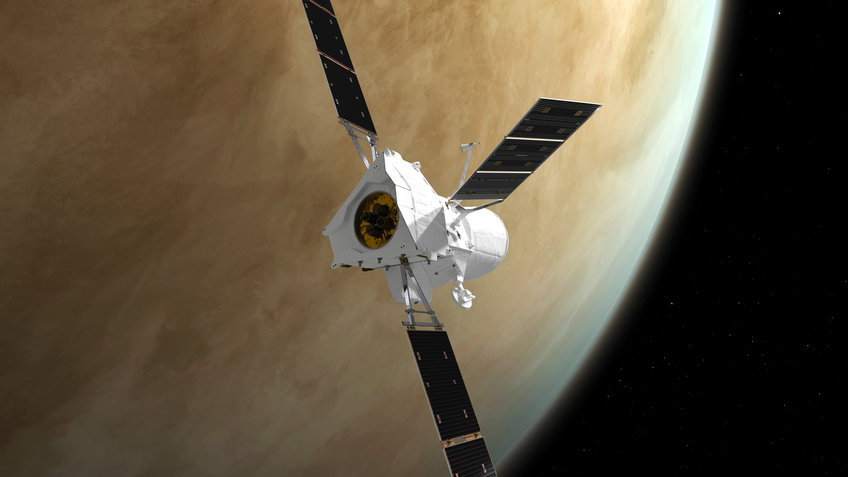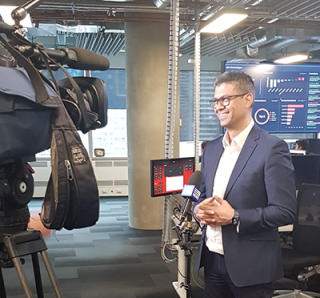Labor has announced its climate platform which includes setting a 43% by 2030 emissions target. It has committed to gradually tightening Safeguard baselines from Australia’s biggest polluters, but has not clarified whether these baselines will lead to absolute reductions or reductions in emissions intensity.
“An increased 2030 target is a good first step, however the world has moved beyond first steps. Australia needs a long-term plan to end fossil fuels. More needs to be done to address fossil fuels in Australia both in the short and long term. New fossil projects will only undermine Australia’s emissions reduction efforts,” said Richie Merzian, climate & energy program director at the Australia Institute.
“The clear message from Glasgow is that all countries need to significantly increase their short-term targets. Australia’s ambition is now closer to that of similar economies, and a number of our allies — with Canada, for example, committing to cut emissions by at least 40% and Japan cutting theirs by 46%.
“This announcement uses existing frameworks that can ensure a rapid escalation of efforts and target the highest polluting facilities in the country. One in three entities covered by the safeguard already have net zero targets – having government oversight will strengthen these obligations. However, more work needs to be done to ensure the right balance of incentives and penalties, and that the consequences of industry failing to reduce emissions actually have bite. Buying carbon credits that are little more than hot air, will fail to see any emissions offset.
“Offsets are the mitigation method of last resort, not a first port of call, and certainly no justification for increasing emissions. They are a distraction from real emissions reductions and only serve to delay a transition to a clean economy.
“It is good to see that Labor is not relying on the false promise and ambiguity of technology like carbon capture and storage.
“Labor’s indication that it will bid to co-host a future UN climate conference stands in stark contrast with the current government’s performance at Glasgow, where the objective was to do as little as possible.
“Australia Institute research released today shows that voters are just as concerned about climate change as they are about health and the economy. This demonstrates the growing public appetite for stronger climate ambition both in the next ten years, and at the next election,” Mr Merzian said.
The Australia Institute has also released new tracking polling which shows for the first time since the Australia Institute began tracking the question, about as many people view climate change as the most important national political issue, alongside health and the economy.
Key Polling Details:
- For the first time since the Australia Institute began tracking this question, about as many people view climate change as the most important national political issue (24%) as do health (24%) and the economy (25%).
- Climate change is viewed as the most important national political issue for voters in Queensland (28%) and Western Australia (29%), with Victorians viewing health (26%) and climate change (25%) as similarly important.
- Climate change is viewed as the most important national political issue for Labor (30%), Greens (43%) and Independent/Other voters (26%). The economy is the most important issue for Coalition (37%) and One Nation voters (29%).








